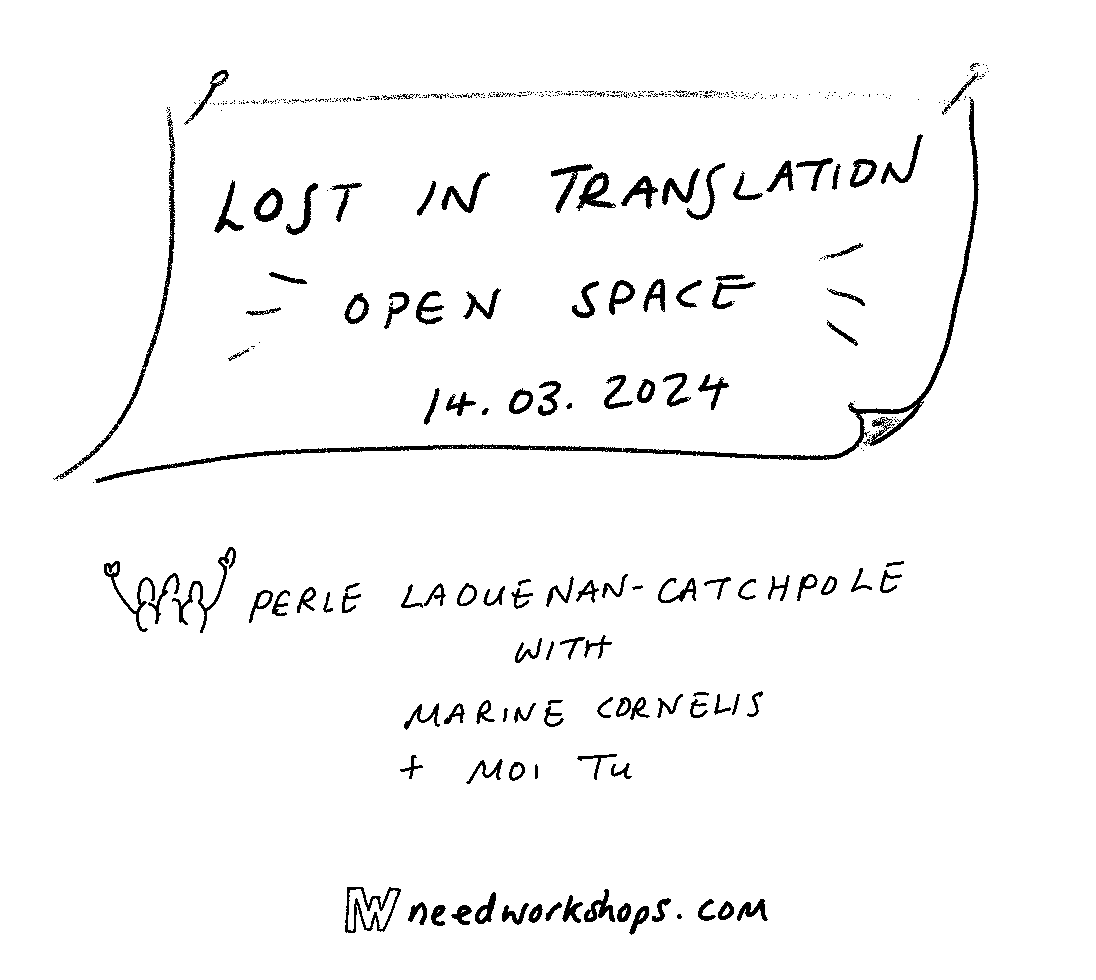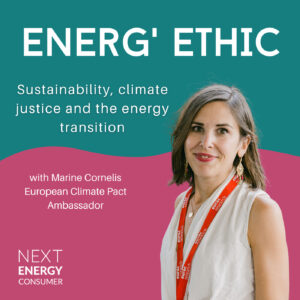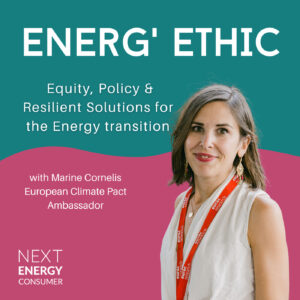In our beautifully diverse world, home to 7,139 languages, each one carries not just words, but entire universes of thought, nuance, and perspective. Yet, in our global dialogue on climate, energy, and sustainability, we find ourselves leaning heavily on English. This reality prompts us to reflect: What vital insights are we overlooking? Whose voices remain unheard because they cannot find their expression in English?
What if we confronted the overlooked challenge – language – as a critical element in our pursuit of a sustainable future?
Imagine a world where the diversity of thought and perspective is not only embraced but actively sought, recognizing that different languages bring unique mindsets, nuances, and perspectives.
These are exactly the questions we asked ourselves at the Beyond English: Navigating Sustainability’s Lingual Divide workshop organised with Perle Laouenan from NeedWorkshop.
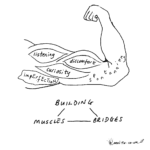
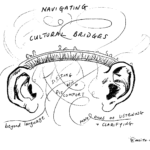
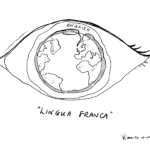
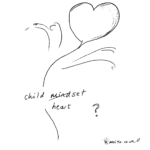
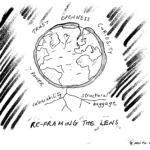
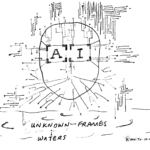
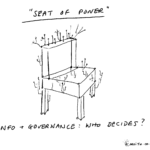
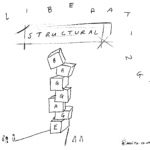
Think about the conversations happening on international platforms today, predominantly in English, about the solutions we need for our planet’s future. Are we missing out on something by speaking a common language? Are there voices that are unheard because they cannot communicate in English?
Let’s challenge ourselves to break free from the constraints and frameworks that limit our imagination. Beyond the technicalities and the roles of stakeholders, there’s a deeper message: if we continue on our current path, we will not achieve our sustainability goals as swiftly or as boldly as necessary.
As someone who has always championed diversity in the workplace, in decision-making, and in sustainability, I believe that achieving sustainability is a collective journey that necessitates challenging conversations – sometimes in languages we do not master. Did you know that three-quarters of scientific papers are written in English, even though only 20% of the global population speaks English? There’s a wealth of knowledge and perspective we need to tap into by acknowledging our preconceptions and embracing originality.
You have the power to make a difference. What if we chose to lead with love and vulnerability? What if we used our voices not just to speak the language we were born into but to reflect the rich tapestry of our life’s encounters that shape our worldview? What if it was our openness to the unknown and the universal language of connection that truly defined us?
The energy sector, often seen as technical and inaccessible, is crucial in the sustainability conversation, yet it’s plagued with misunderstandings. What if we approached it differently? Language is more than vocabulary; it shapes our perception of life and the discourse on sustainability.
We face polarized discussions that stifle action and understanding. The dominance of English in scientific discourse restricts access to knowledge for non-English speakers. Are we constrained by English dominance because we cannot articulate messages in our mother tongues?
Navigating through languages presents challenges but also enriches our diversity. Working in a second language can be daunting, yet it can also empower us to think creatively and seek clarity in our expressions. We should embrace the mistakes of non-native speakers as opportunities for growth, using these moments to recognize our shared humanity.
In this digital age, with AI and other tools at our disposal, we must remember that human communication is inherently complex. Trust is key, shaped by power dynamics and our willingness to be vulnerable. Imagine embracing the openness and spontaneity of a child, ready to explore the unknown with curiosity and joy.
There is a universal language in trust, openness, and vulnerability – a language of love that seeks solutions in unity, acknowledging that together, we are stronger. As we move forward, let’s commit to valuing linguistic diversity as a vital component of our journey toward sustainability, recognizing that every language offers a unique lens through which we can better understand and address the challenges facing our world.

